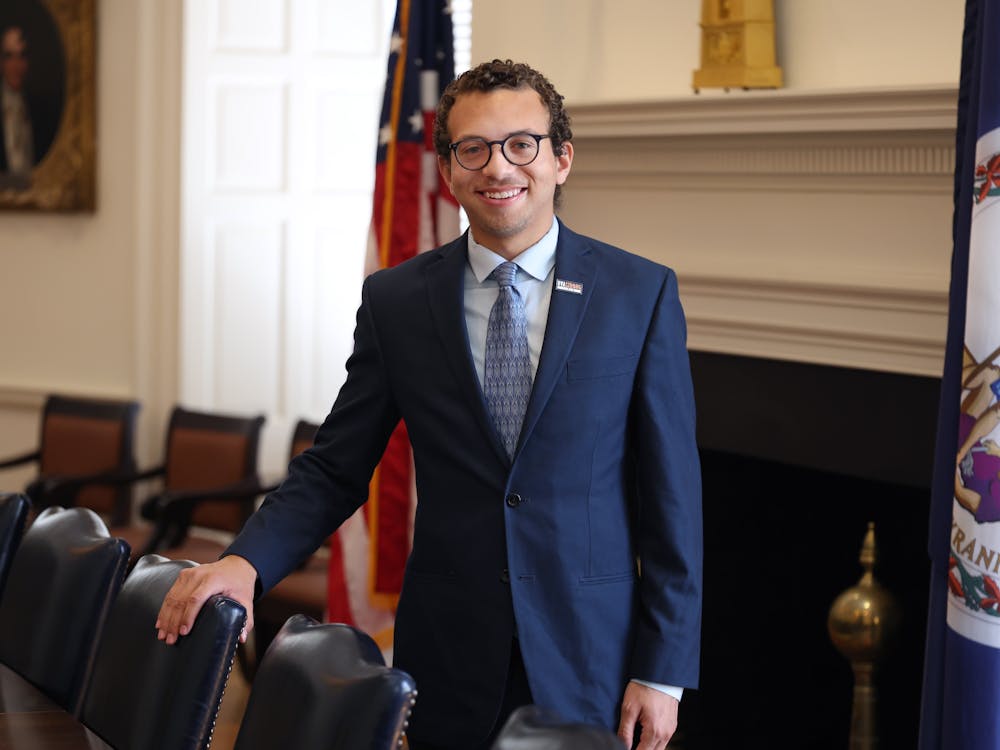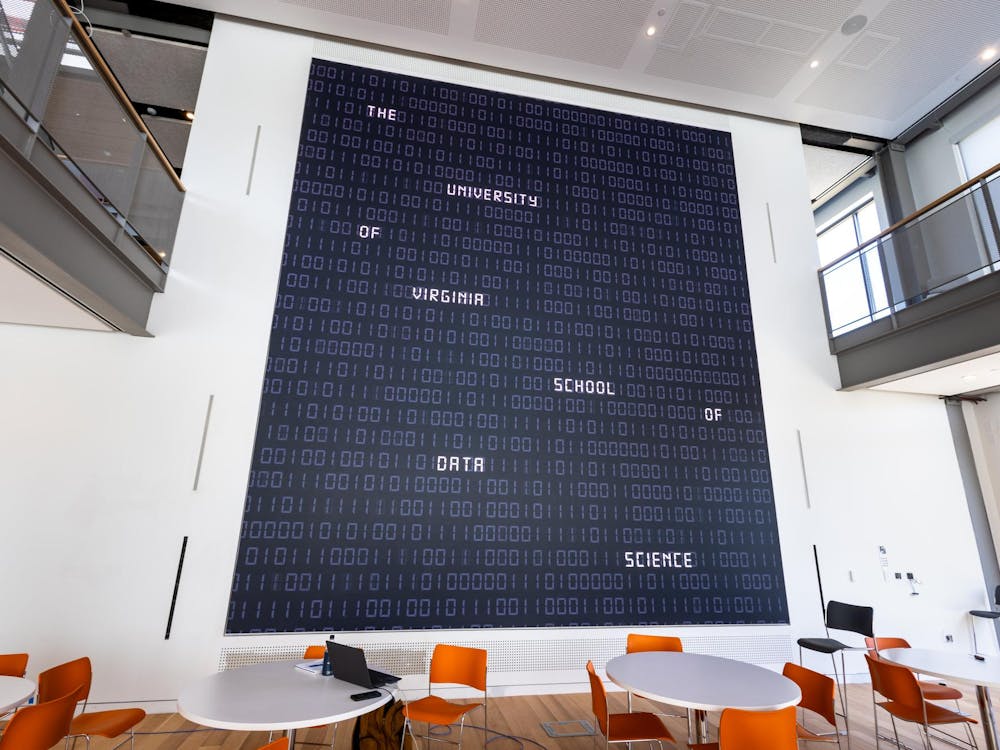The President’s Commission on Slavery and the University hosted a panel Friday called “U.Va. Student Voices — a 21st Century Perspective.” The panel featured student leaders from the Black Student Alliance, the Minority Rights Coalition, the University Guide Service and Housing and Residence Life.
Elizabeth Jones — a local attorney, legal historian and a member of the Commission’s Community Relations Task Force — moderated the panel.
The panel was a part of the Commission’s larger conference called “Universities, Slavery, Public Memory, & The Built Landscape Symposium.” The symposium welcomed guests from within and outside of the University and held several breakout sessions featuring panels on recognizing the legacy of slavery at universities, reparations, discussions with descendants, slavery and race, databases in the digital era and appropriate historical interpretation.
The panel on student voices, one such breakout session, featured Brendan Nigro, the chair of the University Guide Service and a third-year College student; Raiya al-Nsour, the vice chair of advocacy for MRC and a second-year College student; Wes Gobar, the BSA president and a third-year College student; and Malcolm Stewart, Senior Resident of the Lawn and a fourth-year Batten student.
Nigro began the discussion by commenting on the lack of awareness many community members have about the University’s history. He provided an example about very few people knowing about the University’s history with eugenics.
“Up until this point — students, faculties and visitors have been able to self-select out of their own history,” Jones said. “It sounds like that’s not an option anymore, for a variety of reasons, August 11th and 12th probably being the most prominent one.”
When discussing suggestions for how students could escape this self-selection, Gobar suggested providing additional funding to the African-American and African Studies Department and others conducting research on slavery and the University.
Nigro and Stewart expressed similar sentiments about the importance of having conversations about the ugly aspects of the University’s past, even if they make some uncomfortable.
“In my opinion, it’s just as much the present as it is the history, and that’s why it’s important that it needs to be known,” Stewart said. “That was not a singular thing that happened on August 11th, 2017 — that was a part of 200 years of history at this University.”
Nigro suggested having students go on historical tours of the University with their resident advisors as one way to confront the discomfort some people may experience about slavery and the University.
“When you present this subject matter that people aren’t used to discussing, oftentimes you’ll be faced with silence,” Nigro said. “It’s when they go home … When you start those conversations, the majority of the people just think about it, and that’s why I think public history … is important.”
Jones also asked the panelists about how they deal with transitioning their work and advocacy on to future generations of University students.
Al-Nsour stressed the importance of writing detailed descriptions of their work and investing in young leaders.
“[It] requires creating coalitions across the University,” Al-Nsour said.
Gobar also said student leaders may not have as much time as they think to effect change at the University.
“If you hope to accomplish all the change you want in four years, you’re going to be sorely disappointed,” Gobar said. “Four years isn’t a long time. I think knowing your limits is important.”
Jones concluded the moderated questions by saying that the University needed to work with the broader Charlottesville community to truly reconcile with its past.
“If you are at a university or you [are] a community member in a town with a university, oftentimes there is no desire on the community’s part to really care what happens on campus, or in this case, on Grounds,” Jones said. “It’s not just the history of U.Va. It’s the history of my city.”







